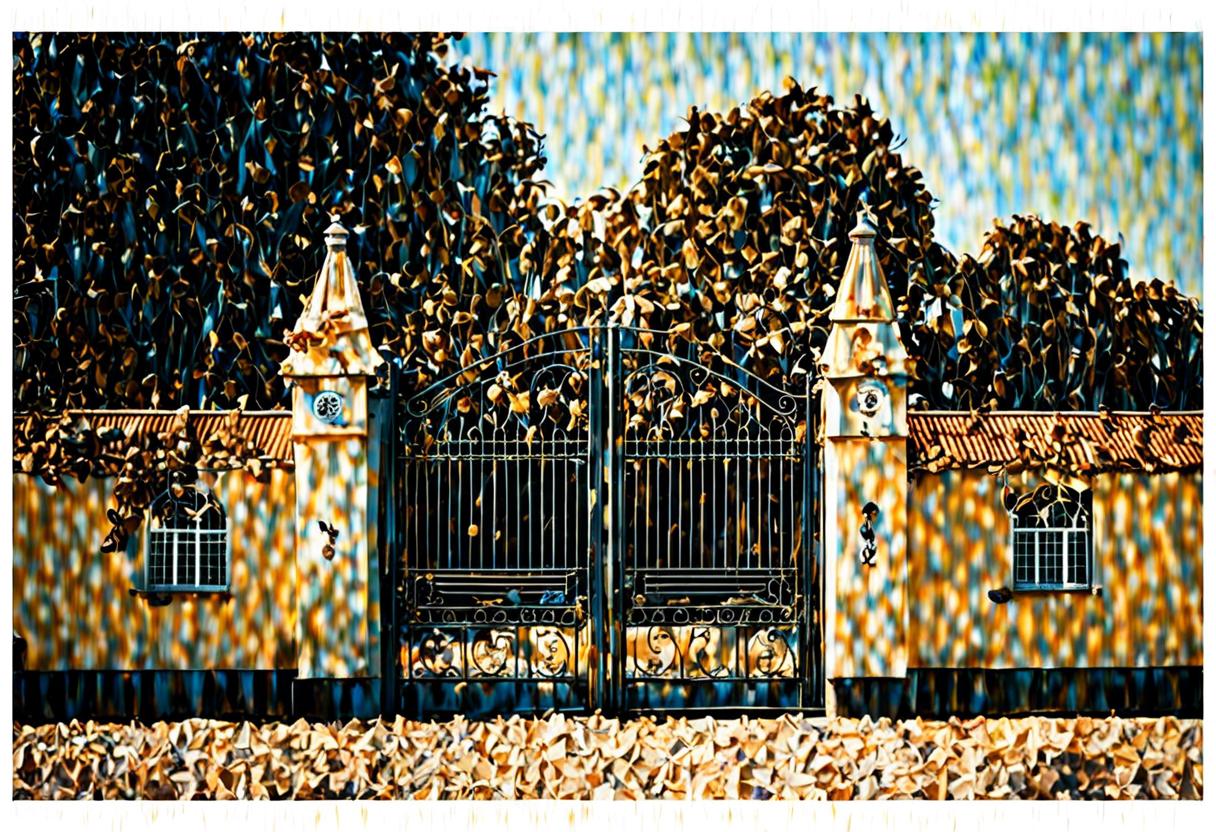A public inquiry has disclosed that the closure of schools due to the Covid-19 outbreak was not seriously taken into account by Northern Ireland’s ministers until the Republic of Ireland enacted such measures. This decision, among others, instigated political controversies, leading to a divide among ministers on whether to align with protocols in London or Dublin, based on their personal national affiliations.
Several previous ministers testified at the nationwide Covid-19 enquiry taking place in the UK, which initiated its evidence hearing in Belfast a week prior. Carál Ní Chuilín, a Sinn Féin Assembly representative and past minister of communities, was one of them. She expressed regret for her presence at the funeral of veteran republican Bobby Storey in Belfast during the pandemic restrictions.
“I humbly apologise, and I am aware of the impact of my actions. I am also conscious of the incurred wrath, ” she admitted, conceding that her attendance was a mistake.
Peter Weir, who served as the DUP MLA and education minister for Northern Ireland at the onset of Covid-19, faced questions about the decision to shut schools in March 2020. He pinpointed that a significant possibility of closure emerged around March 12th, 2020, when learning institutions in the south were shut down.
He confessed he came to know about the possibility during a school visit on March 12th, adding that he and his colleagues in North had little prior notice. When compared to the Republic, he mentioned there was a lack of clarity and direct understanding concerning why the South decided to close schools, as they received no specific details from the Republic about why they made that decision.
The former minister concluded by stating that their goal was to prioritise Northern Ireland’s best interests and adapt to their unique circumstances, which didn’t always echo what was occurring in other territories, eventually leading to independent decision-making.
The inquiry was presented with handwritten minutes from a ministerial meeting on March 16th, 2020. These notes highlighted concerns over inconsistent communication and internal disagreements within the Executive being displayed publicly. Arlene Foster, who was the DUP first minister at the time, was captured as stating that ministers should avoid causing a commotion.
Mr Weir concurred with Ms Dobbin on the point that disagreements in regards to school closures had sparked a division within the Executive, a fact that was lamented. He further stated that the ministers of Sinn Féin and SDLP seemed to be influenced by the happenings in the Republic, possibly adopting a broad Irish perspective due to their political standpoints.
He also insinuated suspicion of certain ill feelings expressed by these ministers towards the Boris Johnson-led UK Conservative government. He explained, “They not only favoured the Republic’s approach but were also likely resistant to follow the London directives.”
Mr Weir noted the barely concealed tension surrounding the Executive’s communication strategy since it had adopted a shared position, which was then publicly contradicted by the deputy first minister, Sinn Féin’s Michelle O’Neill. She stated in a media interview that her party’s stance was to close the schools.
Following a decision by the UK prime minister, schools in Northern Ireland closed on March 18th. Asked by Ms Dobbin on the reasons behind this shift in decisions, Mr Weir responded by saying that the adjustment in medical advice and financial support availability at the UK level had made it feasible.
Further, Mr Weir faced questioning during the hearing about the internal rifts within the Executive in November 2020 over extending COVID-19 lockdown measures amidst a second wave. He justified the DUP’s utilisation of a cross-community vote mechanism to effectively block these proposals, attributing this to mounting frustration due to the lack of improvement in case numbers.
When Ms Dobbin suggested to him that during the pandemic, “there was only one community in Northern Ireland, would you concur with this ae statement?”
Mr. Weir responded by affirming his belief in the unity of the wider community, acknowledging that we all remain fundamentally human irrespective of the circumstances, including pandemics among other things. He further stated the cross-community vote’s primary intent was to guarantee unanimous decisions and widespread support. According to Mr. Weir, the public’s trust was significantly influenced, likely more so than the incidents of November 2020, by the controversial participation of top Sinn Féin personnel, inclusive of Ms O’Neill, at Mr Storey’s funeral service. Despite acknowledging November 2020 as a challenging phase, and while he was displeased by the way affairs unfolded, he admitted it was not the Executive’s finest moment in terms of managing affairs.

